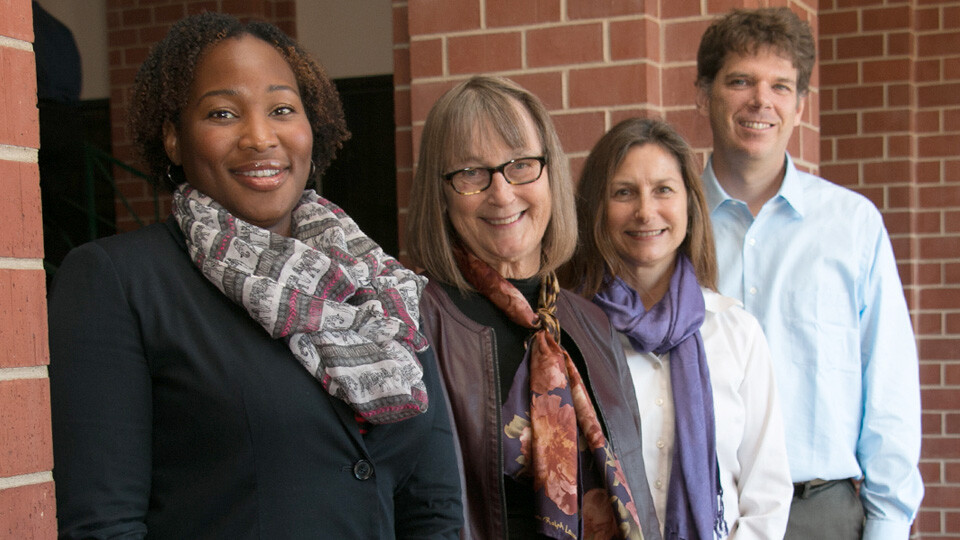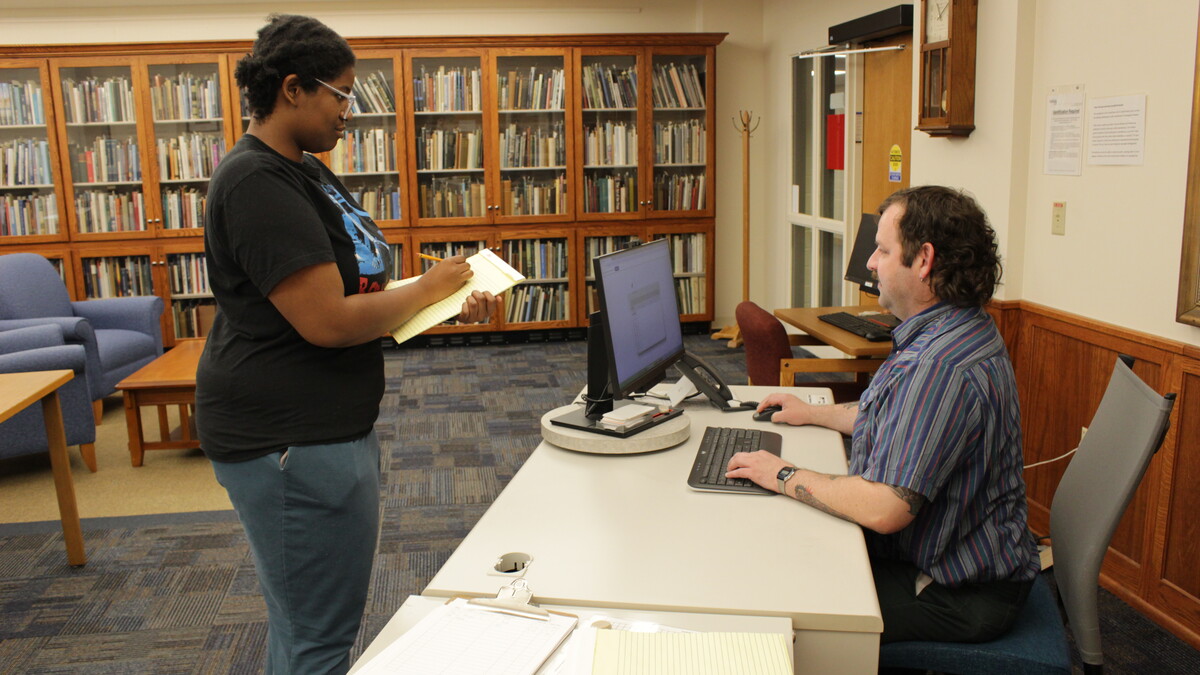
While childcare shapes the trajectory of future generations, evaluating its impact is far from child’s play.
Led by UNL’s Greg Welch, a research associate professor, a multi-campus, University of Nebraska team has received funding to evaluate and inform childcare quality. The project, housed in the UNL-based Nebraska Center for Research on Children, Youth, Families and Schools, will pinpoint the minimum thresholds of childcare quality needed to promote positive development and prevent negative outcomes for children birth to age five. The funding was provided by the U.S. Department of Health and Human Services’ Administration for Children and Families.
By identifying these thresholds, the team aims to inform Quality Rating and Improvement Systems — a childcare assessment used by 37 states, including Nebraska. Research findings may also help nationwide childcare providers determine whether their programs are affecting children’s outcomes.
“There is a widespread focus on improving childcare quality throughout the whole system, which includes federal education programs and individual childcare providers,” said Helen Raikes, UNL professor and co-principal investigator. “Our research links these two systems together by informing quality ratings and improvements, which creates uniformity. It is a market strategy to improve childcare quality across the board.”
To better understand minimum thresholds, research team members from UNL, the Buffett Early Childhood Institute and the University of Nebraska Medical Center will compare and replicate analytic strategies across six early childhood datasets—five national and one from Nebraska.
The team will also investigate whether thresholds of quality vary according to family resources, child characteristics, child minority status and cultural background, and program context. The project is the first of its kind being done with Nebraska data, Welch said.
“Given the number of representative datasets in this study, it has potential to have a very significant role in local, state and national conversations about early childhood education and quality of care,” said Welch, who also directs CYFS’ Bureau for Education Research, Evaluation and Policy.
The project expands upon similar research funded in 2009. Its current scope, analyzing data across multiple datasets, is rare, Raikes said. Raikes worked on the initial project and continues to serve on its current team.
“Our topic has tremendous implications for policy and practice,” Raikes said. “We know that early childhood quality affects developmental outcomes. It is important to move the entire childcare system to a higher level of quality.”
Other members of the research team are: Helen Raikes, UNL professor of child, youth and family studies; Julia Torquati, UNL professor of child, youth and family studies; Iheoma Iruka, director of research and evaluation at the Buffett Early Childhood Institute; Barbara Jackson, UNMC professor and director of the Munroe Meyer Institute’s Interdisciplinary Center for Program Evaluation and Department of Education and Child Development; and Lisa Knoche, UNL research associate professor and director of CYFS’ Nebraska Early Childhood Research Academy.







